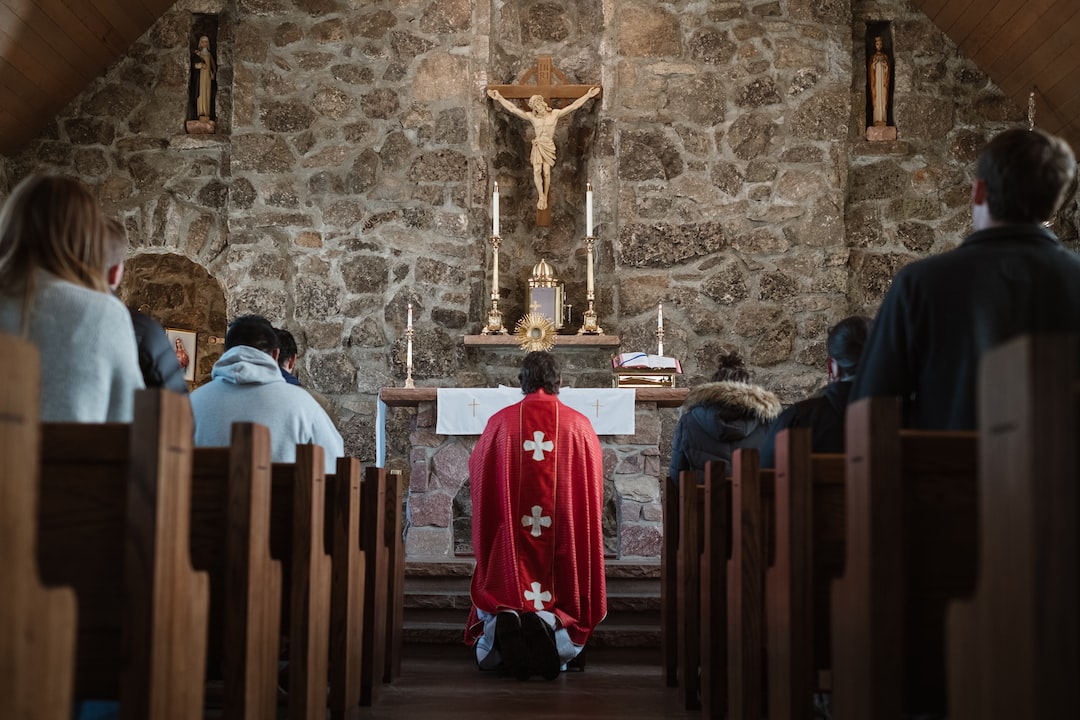Religion has always played a significant role in shaping moral values and ethics within a society. It provides guidance, purpose, and solace to individuals, but it also has the power to create positive change within communities. One of the most important roles of religious leaders is their involvement in social justice advocacy.
Religious leaders, such as priests, pastors, imams, and rabbis, have a unique platform to raise awareness about social issues. They have a congregation of followers who trust and look up to them for spiritual guidance. By using their influence and moral authority, religious leaders can mobilize their followers to take a stand against injustice and work towards a more equitable society.
One of the primary reasons religious leaders play a crucial role in social justice advocacy is because many social issues are deeply rooted in values and beliefs. Poverty, inequality, discrimination, and environmental degradation are just a few examples of the systematic injustices that religious leaders can address. They can help reframe these problems within the context of religious teachings, highlighting the importance of compassion, fairness, and stewardship of the Earth.
Religious leaders can also act as mediators between different communities, fostering dialogue and understanding. They can promote interfaith cooperation and challenge stereotypes and prejudices that divide people. By bringing diverse groups together, religious leaders can facilitate collective action towards social change.
Moreover, religious institutions often play a significant role in local communities. They provide social services, offer support to vulnerable populations, and organize charitable efforts. By engaging in social justice advocacy, religious leaders can extend their impact beyond their immediate followers and directly contribute to addressing social inequalities.
However, it is important to note that the role of religious leaders in social justice advocacy must be inclusive and respectful of all individuals. While religious teachings can offer valuable insights into ethical decision-making, social justice advocacy should not be limited to one particular faith or belief system. Religious leaders must recognize the importance of working with secular organizations, other religious institutions, and community groups to achieve common goals.
In conclusion, the role of religious leaders in social justice advocacy is crucial for creating positive change within society. Their influence, moral authority, and ability to inspire empathy make them powerful advocates for the marginalized and oppressed. By addressing social issues within the context of religious teachings, religious leaders can inspire their followers to actively engage in social justice efforts. Only through collaborative and inclusive approaches can we hope to build a more fair and equitable world.

